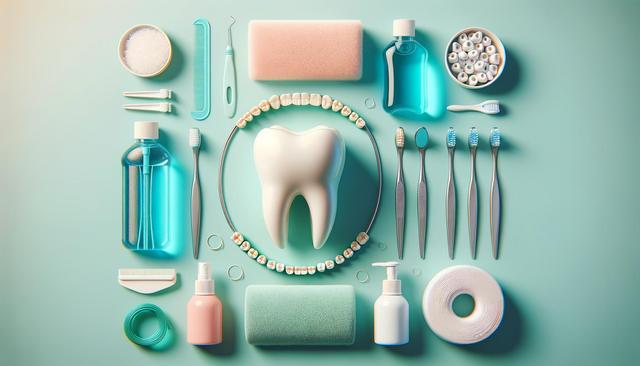Understanding the Role of a Dental Hygienist
Dental hygienists are licensed oral health professionals who work closely with dentists to provide preventative and therapeutic care. Their primary responsibilities include cleaning teeth, examining patients for signs of oral diseases, and educating individuals on proper dental hygiene practices. Unlike dentists, dental hygienists often spend more time with patients during routine visits, offering guidance on maintaining oral health between appointments. Many individuals searching for a “Dentist Near Me” or trying to “Find Dentist Near Me” are likely to be treated or advised by a dental hygienist during their visit.
The demand for dental hygienists is projected to grow steadily due to increasing awareness about oral health and its connection to overall well-being. With their focus on prevention and patient education, dental hygienists contribute significantly to reducing the need for more complex procedures like “Teeth Dental Implants” by helping patients maintain healthy teeth and gums.
Why More People Are Considering Dental Hygiene Programs
There has been a noticeable uptick in interest in dental hygiene programs across the country. This trend is influenced by several factors, including the strong job outlook, competitive salaries, and the opportunity to make a meaningful impact on people’s lives. Here are a few specific reasons why individuals are drawn to this profession:
- Job Stability: The healthcare sector continues to grow, and dental hygienists are in consistent demand in both urban and rural communities.
- Flexible Scheduling: Many positions offer part-time or flexible hours, allowing for a better work-life balance.
- Shorter Educational Path: Compared to becoming a dentist, the path to becoming a dental hygienist is typically shorter and more affordable.
As more people search for local oral health professionals using phrases like “Find Dentist Near Me,” the need for qualified dental hygienists to support these practices also increases.
Educational Path and Certification Requirements
Becoming a dental hygienist generally requires completing an associate degree in dental hygiene from an accredited program, which typically takes about two to three years. Some individuals may choose to pursue a bachelor’s or even a master’s degree for advanced opportunities in education or administration. After completing the academic requirements, candidates must pass a national board examination and obtain state licensure.
During their education, students learn a range of skills such as:
- Oral anatomy and physiology
- Periodontology (study of gum diseases)
- Radiography
- Patient management and communication
These skills not only prepare them to work efficiently in dental practices but also equip them to educate patients—many of whom may be exploring options like “Teeth Dental Implants”—about the best ways to maintain or restore their oral health.
Work Settings and Daily Responsibilities
Dental hygienists can work in a variety of settings, including private dental offices, community health clinics, schools, and even mobile dental units. Their daily responsibilities often depend on the setting, but they generally involve:
- Conducting oral health assessments
- Removing plaque, tartar, and stains from teeth
- Applying fluoride treatments and dental sealants
- Taking and developing dental X-rays
- Advising patients on effective oral hygiene techniques
As more people use online searches like “Dentist Near Me” to locate dental services, dental hygienists are becoming the first point of contact for many patients. Their role is crucial in helping individuals understand their oral health needs and in guiding them toward preventative care or treatments such as “Teeth Dental Implants” when necessary.
Career Growth and Opportunities
The career outlook for dental hygienists remains strong, with growth driven by an aging population, increased awareness of oral health, and expanded access to healthcare services. Those with experience and advanced education may move into roles such as:
- Public health dental hygiene
- Dental hygiene education
- Clinical research
- Practice management or consulting
Additionally, dental hygienists who establish a strong rapport with patients can contribute to the overall success of a dental practice. As more individuals seek personalized care through searches like “Find Dentist Near Me,” dental hygienists provide an essential human connection that builds trust and ensures patient retention. Moreover, by helping patients prevent issues that might lead them to require procedures like “Teeth Dental Implants,” hygienists play a key role in enhancing long-term oral health outcomes.
Conclusion: A Meaningful and Growing Career Path
Dental hygiene offers a fulfilling career for those interested in healthcare, patient interaction, and preventative medicine. With increasing public awareness about oral health and an ever-growing demand for accessible dental care, the role of dental hygienists is more important than ever. Whether it’s through helping someone improve their smile or educating them to avoid complex procedures like “Teeth Dental Implants,” dental hygienists make a lasting impact. For those exploring career opportunities or considering programs in the healthcare field, dental hygiene presents a stable, rewarding, and impactful path worth serious consideration.




Leave a Reply